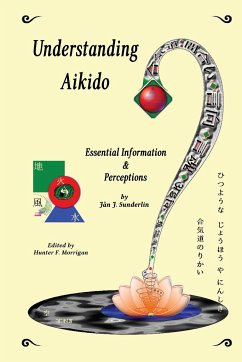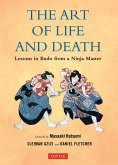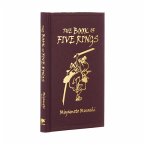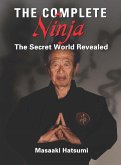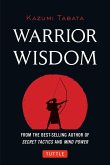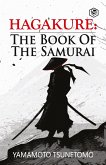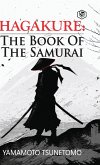This book presents an historical, cultural, and philosophical look at the development of the Japanese martial art of Aikido. Sunderlin focuses on the influences brought to bear on Morihei Ueshiba, the founder of Aikido, and the subsequent cultivation of the latter's martial art as a vessel of Budo. The author also provides a look at the different directions Aikido has taken since its inception and tackles some of the criticism leveled by practitioners of other martial arts, then offers ideas for strengthening Aikido as a viable method of self-defense while calling for increased cooperation between its numerous styles. The book is NOT an Aikido "How to," though its technical characteristics are discussed. The topics are in-depth and complex. Includes 17 chapters with endnotes, tables, figures, pictures, a glossary, special editorial comment, a bibliography, and an index; dark blue cloth coverboards with gold impressed spine lettering and a dust jacket. The author is the acting head of Zantoppa Kai Aikido, which is a derivation of Tomiki Ryu Aikido. Beginning his study of Aikido in 1980, he studied under Carl Geis, Shihan; Tsunako Miyake, Shihan; and Takeshi Inoue, Shihan. He has also trained in Western Wrestling and Boxing; Japanese Judo, Tenjin Shin'yo-ryu, Jodo, and Shiatsu; and Chinese Hung Ga Kung Fu. He is known for his outspoken viewpoints regarding Aikido's problematic metaphysical ideas and interorganizational strife. (This description is applicable for the hardback version only.)
Hinweis: Dieser Artikel kann nur an eine deutsche Lieferadresse ausgeliefert werden.
Hinweis: Dieser Artikel kann nur an eine deutsche Lieferadresse ausgeliefert werden.

